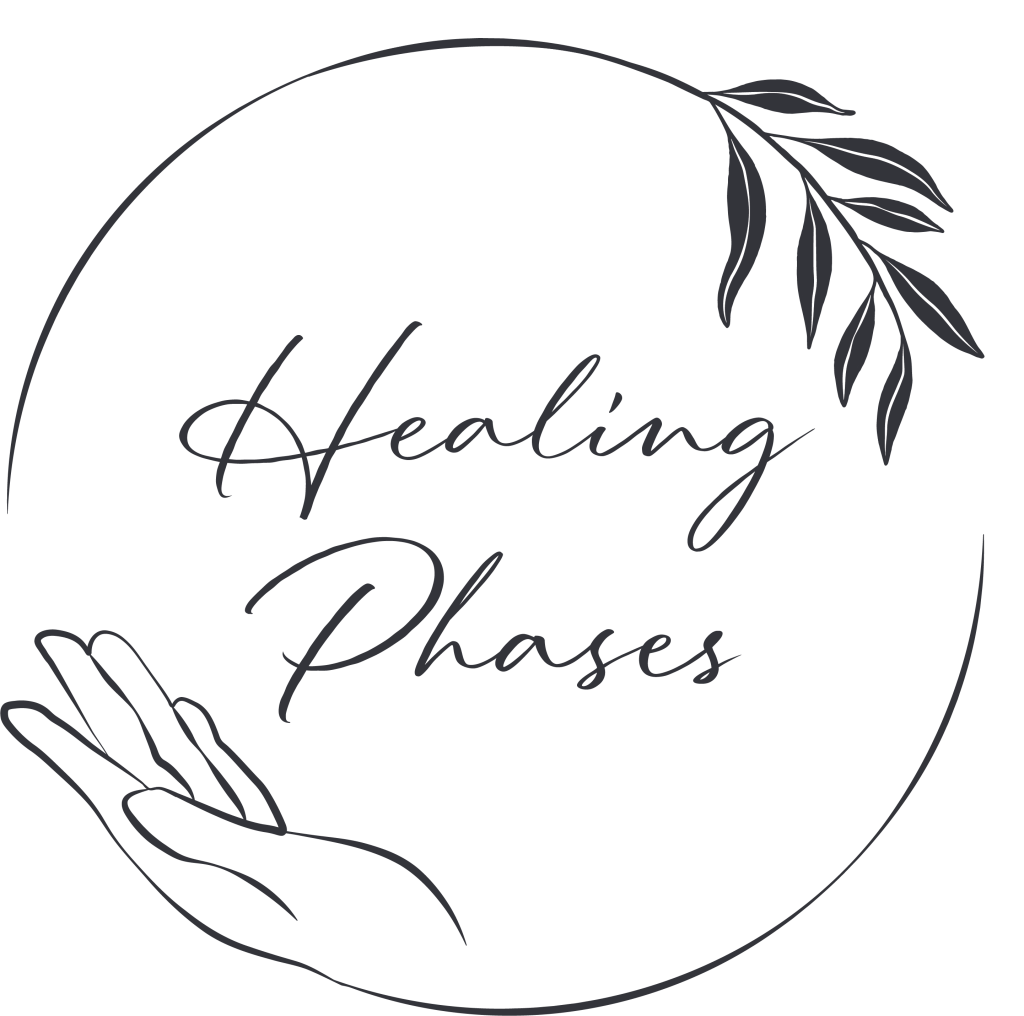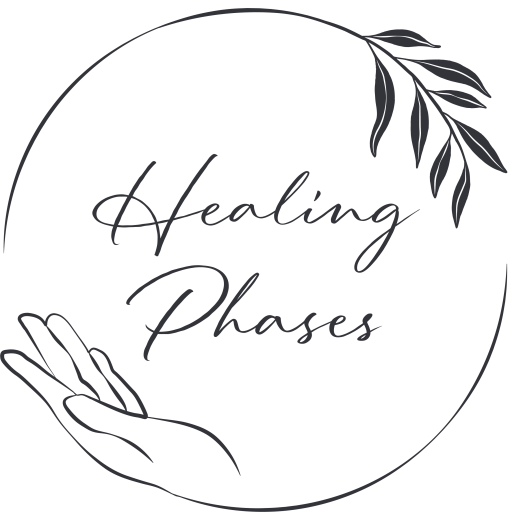Common Questions
We know that starting your healing journey can come with a lot of questions, and we’re here to make things clear and simple for you. Below, you’ll find answers to the most frequently asked questions about our services, approach, and how we can support you.






